On the afternoon of October 22, Group 5, including the National Assembly Delegation of Gia Lai province and the National Assembly Delegation of Thai Nguyen province, discussed the draft Law amending and supplementing a number of articles of the Law on Education ; the draft Law on Higher Education (amended) and the draft Law on Vocational Education (amended).
More specific regulations on the duties and powers of vocational training institutions
Commenting on the draft Law on Vocational Education (amended), National Assembly Delegate Nguyen Thi Thu Thuy ( Gia Lai ) said that dedicating Chapter VI to regulate the participation of enterprises in vocational training is an important step forward, demonstrating the central role of enterprises in human resource development.

The Draft Law has added many new regulations on the position, role and preferential policies for businesses, such as tax deductions and incentives when employing disadvantaged people, people with disabilities or female workers.
“This is a strong incentive mechanism for businesses to participate more deeply in training, employing and retraining workers, contributing to solving the current problem. That is, the education universalization rate reaches 88%, but the number of qualified and skilled workers is only about 11.67%, almost unchanged in the past three years.”
According to the delegate, the quality of human resources in our country still does not meet the requirements of businesses and the labor market. Meanwhile, many countries have succeeded thanks to the model of close connection between businesses and training facilities.
In Japan, employees are considered “members of the corporate family” and are trained in both professional skills and corporate culture. On-the-job, informal training is considered more important than formal training because it creates opportunities for lifelong learning.

In the US, the “school-to-work” model replaces “work-to-work”, helping businesses and universities link more closely, thereby improving the competitiveness and adaptability of the workforce.
Delegate Nguyen Thi Thu Thuy requested the drafting agency to clarify whether those who participate in vocational training in enterprises are considered teachers or not. If so, it is necessary to clearly define the rights, obligations and corresponding applicable policies in order to not miss out on the groups of beneficiaries and those who have the obligation to implement when this Law is passed.
In addition, it is necessary to have more specific regulations on the tasks and powers of vocational training institutions, in order to increase the initiative of schools, linking training with the practical needs of localities and neighboring economic regions.
Increasing ties between vocational training institutions and businesses
National Assembly Deputy Siu Huong (Gia Lai) also said that, in the past, the coordination between vocational training institutions and enterprises in the stages of training, internship, and labor use has not been really effective. The delegate hopes that when the Law on Vocational Education (amended) is issued, this connection will be raised to a more substantial level, bringing benefits to both learners and enterprises.
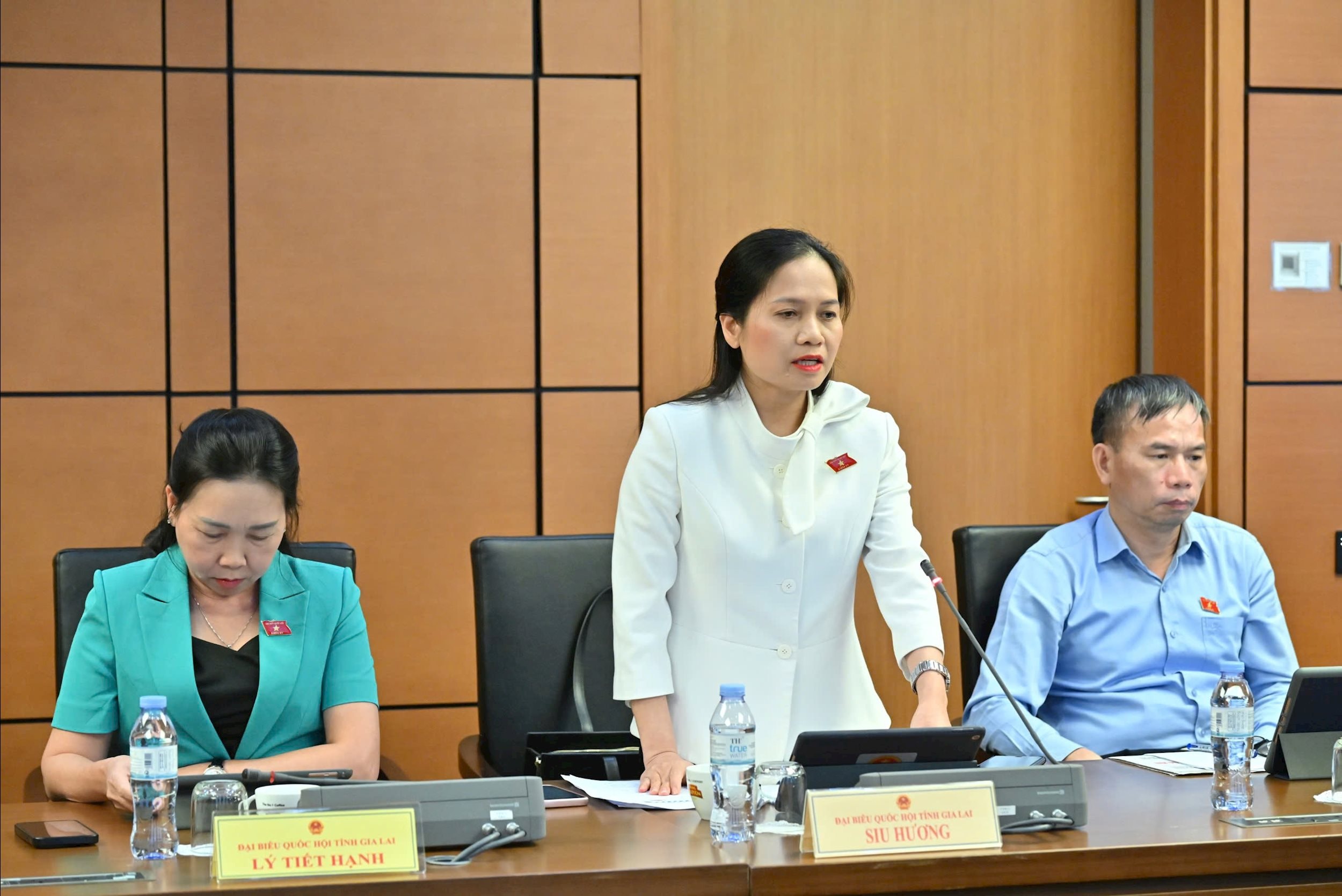
According to the delegate, the draft Law has stipulated the responsibilities of vocational training institutions and enterprises in coordinating the training of workers. However, these regulations are not enough to thoroughly resolve the problem.
Delegates proposed designing a more binding mechanism, such as stipulating a minimum rate of cooperation between vocational training institutions and businesses, to improve training quality and ensure students have suitable employment opportunities.
From monitoring practice, delegate Siu Huong also said that currently many vocational training institutions coordinate with businesses to send students for practice and internship, in which students directly participate in producing products that meet business standards.
The delegate suggested that the drafting agency clearly distinguish between the wages students receive when participating in labor and the value of the products created by students; at the same time, this must be made public to ensure the rights of students.
Source: https://daibieunhandan.vn/khuyen-khich-doanh-nghiep-tham-gia-sau-vao-dao-tao-nghe-10392445.html


![[Photo] Prime Minister Pham Minh Chinh chairs meeting on nuclear power plant construction](https://vphoto.vietnam.vn/thumb/1200x675/vietnam/resource/IMAGE/2025/10/22/1761137852450_dsc-9299-jpg.webp)


![[Photo] Da Nang: Shock forces protect people's lives and property from natural disasters](https://vphoto.vietnam.vn/thumb/1200x675/vietnam/resource/IMAGE/2025/10/22/1761145662726_ndo_tr_z7144555003331-7912dd3d47479764c3df11043a705f22-3095-jpg.webp)
![[Photo] Award Ceremony of the Political Contest on Protecting the Party's Ideological Foundation](https://vphoto.vietnam.vn/thumb/1200x675/vietnam/resource/IMAGE/2025/10/22/1761151665557_giaia-jpg.webp)





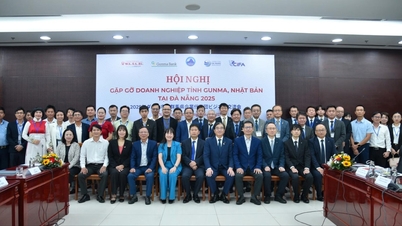

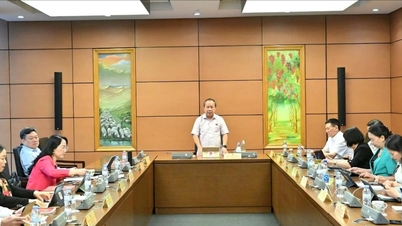
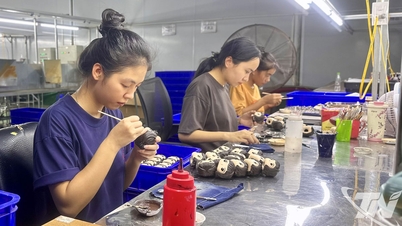

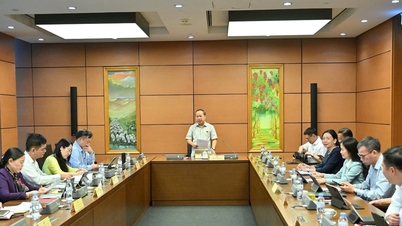




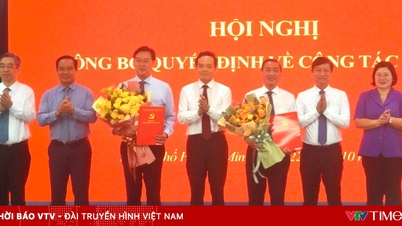









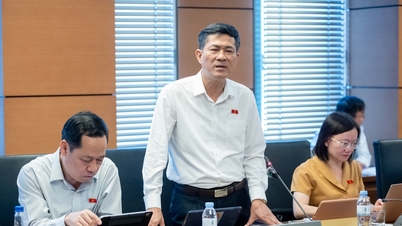



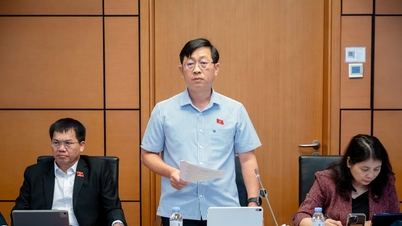











































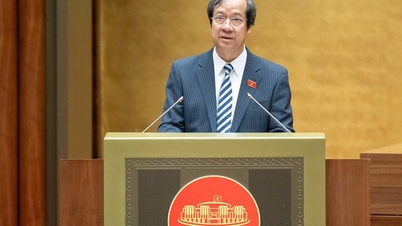




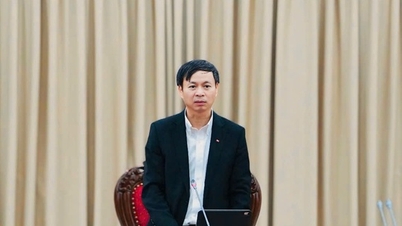




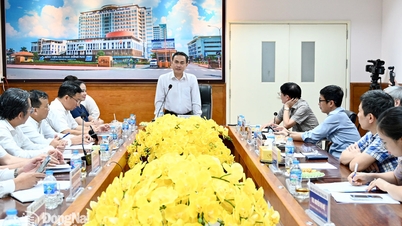




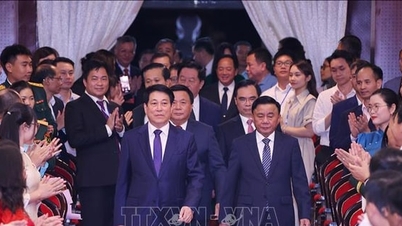
















Comment (0)